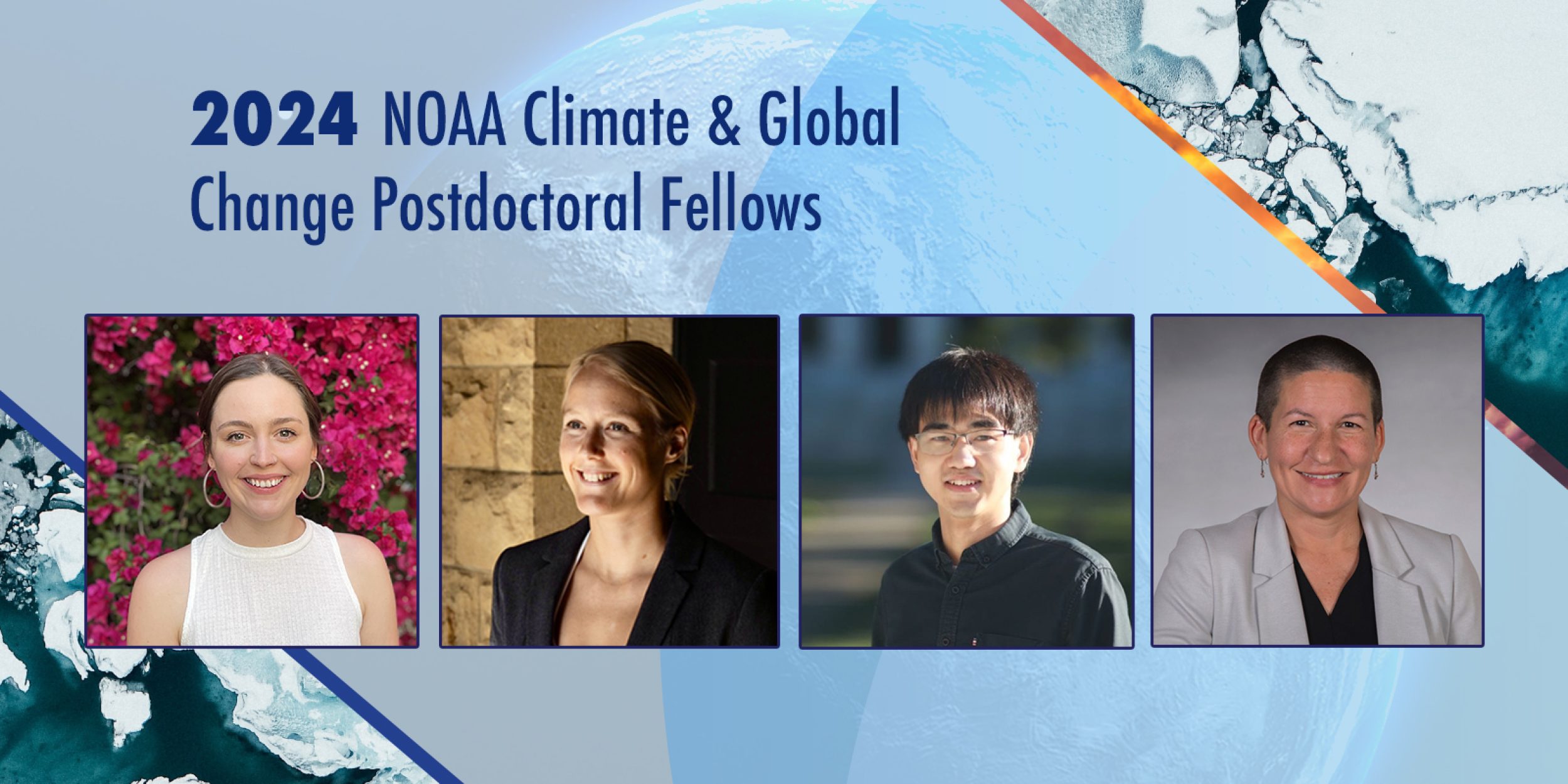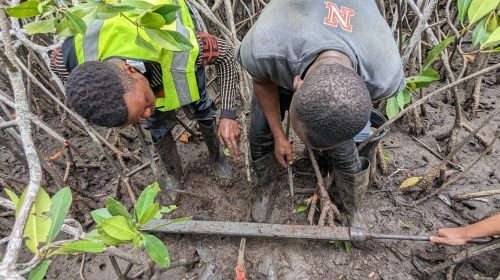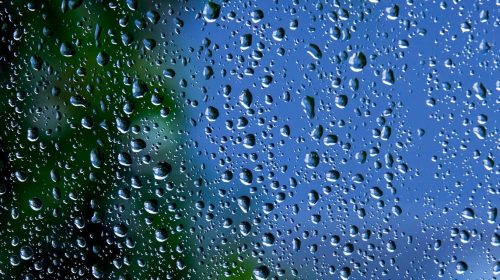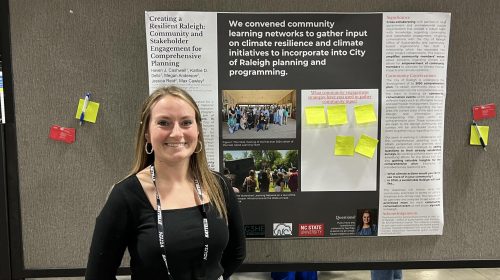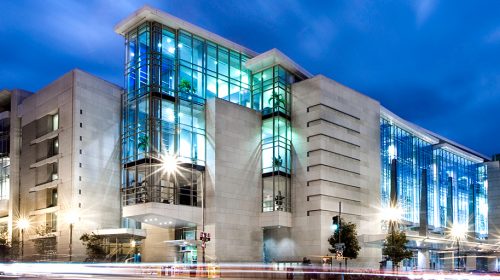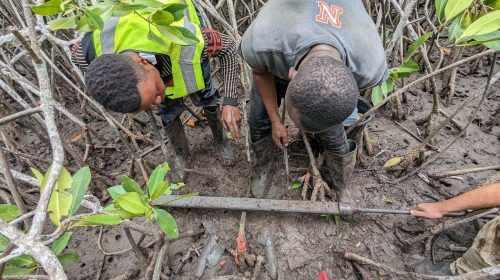Four new postdoctoral fellows are commencing cutting-edge research projects that will contribute innovative climate science to the research community as well as NOAA’s mission.
The 2024-2026 class of NOAA Climate and Global Change (C&GC) Postdoctoral Fellows are supported by NOAA’s Climate Program Office (CPO) and were selected by the University Corporation for Atmospheric Research (UCAR).
“We’re excited for these four new fellows who made it through a highly competitive selection process,” said Ben DeAngelo, acting director of NOAA’s Climate Program Office. “Their research offers innovative ways of advancing our collective understanding of a rapidly changing climate. This program continues to help launch the careers and train the next generation of climate science leaders.”
Chosen from 118 applications through a competitive review process, the fellows are promising early career scientists who are within five years of completing their Ph.D.s. Over the next two years, the fellows will be hosted by mentoring scientists at universities around the country to conduct projects focused on observing, understanding, modeling and predicting climate variability and change.
“The selected fellows span many areas in support of NOAA’s mission from atmospheric chemistry to sea level rise, and I’m excited to work with them to build their network within NOAA and amplify the impact of their research,” said Ginny Selz, the NOAA C&GC Postdoc Fellowship Program Federal Liaison and CPO Climate Variability and Predictability Program Manager.
Sponsored by CPO and managed by UCAR’s Cooperative Programs for the Advancement of Earth System Science (CPAESS), the NOAA C&GC Postdoc Fellowship Program helps create and train the future leading researchers needed for climate studies. “UCAR | CPAESS is so proud to partner with NOAA on this prestigious and critical program. These new fellows will now be part of the program’s 267 climate researchers over the past 34 years who have continued to make pivotal contributions to what may well be the most compelling scientific issue of our era,” said Hanne Mauriello, Director of UCAR’s CPAESS.
Due to budget constraints, this is a smaller group than in recent years, but one that embodies exceptional potential across the spectrum of the physical and interdisciplinary sciences needed to understand, better predict, plan for, and manage the Earth System and its interactions in a changing climate. We remain committed to providing our fellows with the high-quality resources, mentoring and opportunities for collaboration that are the hallmarks of our program. The NOAA Climate Program Office is dedicated to supporting the next generation of leaders and innovators in our field. We invite our community to join us in welcoming our new fellows.
The program was originally founded in 1990 by former CPO Director, J. Michael Hall, Ph.D., in response to the lack of trained climate scientists to analyze the massive quantity of data collected by the international Tropical Ocean Global Atmosphere Program, which ran from 1985 to 1994. Over the past 30 years, the program has developed an outstanding reputation for attracting the best and brightest PhDs in the climate sciences.
The program traditionally supports two forums where fellows can engage with NOAA and each other— a NOAA Summer Institute every other July and an annual alumni luncheon at the American Geophysical Union Fall Meeting in December. The global pandemic, however, required innovation for the program to continue facilitating interactions between the fellows and the larger NOAA community. Since January 2021, UCAR has also hosted monthly virtual seminars featuring presentations by two current C&GC postdocs along with an invited NOAA scientist, or special professional development guest.
During the NOAA Summer Institute program, fellows and alumni come together to build a stronger global climate change community. The postdoctoral fellows collaborate with senior scientists in the field over four days. Participants explore the breadth of climate and global change research problem areas, discuss the future directions of climate science research, and discuss the bridge between climate and global change scientific goals and public policy.
The postdocs’ achievements after the fellowship continue to benefit NOAA and the larger scientific community. C&GC fellows go on to serve notable roles in climate science, from the first acting NASA senior climate advisor to academic researchers investigating the submarine melting of glaciers, the atmosphere’s self-cleansing capacity, or the role of atmospheric circulation in the prediction of El Niño and La Niña events.
Many former fellows credit the program with expanding their independence as scientists as well as supporting their professional growth at a crucial time in their careers. For the incoming class of fellows, this means being connected to a network of current and former NOAA postdocs and a community of scientists across a wide range of disciplines related to climate science.
2024 NOAA Climate & Global Change postdoctoral fellows:
2024 NOAA Climate & Global Change postdoctoral fellows:
Talia Anderson
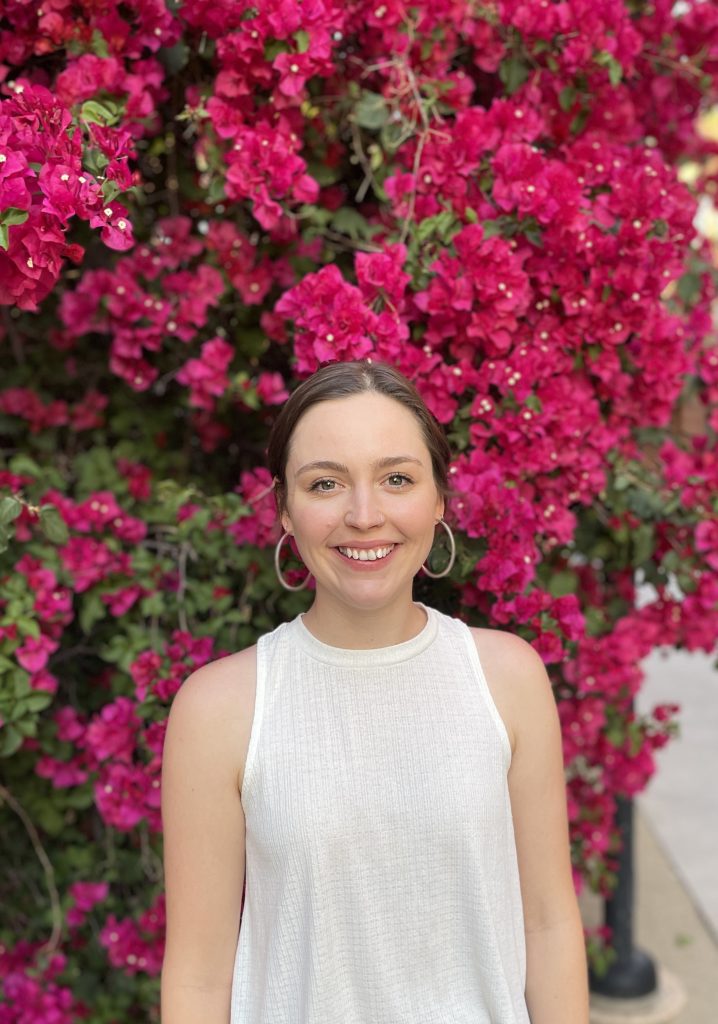
PhD Institution: University of Arizona
Host: Dr. Karen McKinnon, University of California, Los Angeles
Holly Olivarez
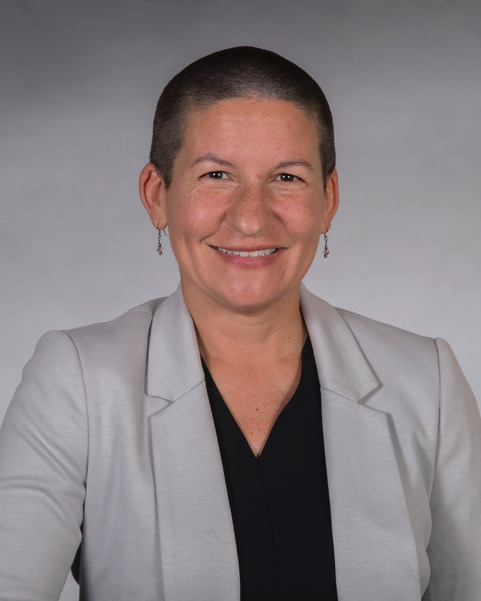

PhD Institution: University of Colorado, Boulder
Host: Dr. Cheryl Harrison, Louisiana State University
Yaowei Li
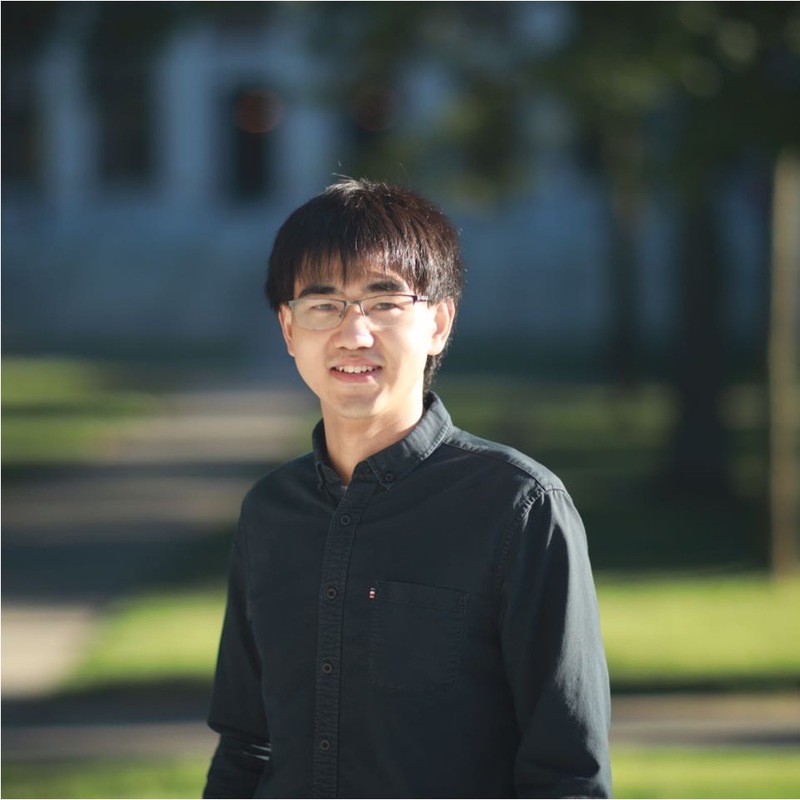

PhD Institution: Harvard University
Co-Hosts: Dr. Susan Soloman, Massachusetts Institute of Technology, and Dr. Paul Wennberg, California Institute of Technology
Eliza Dawson
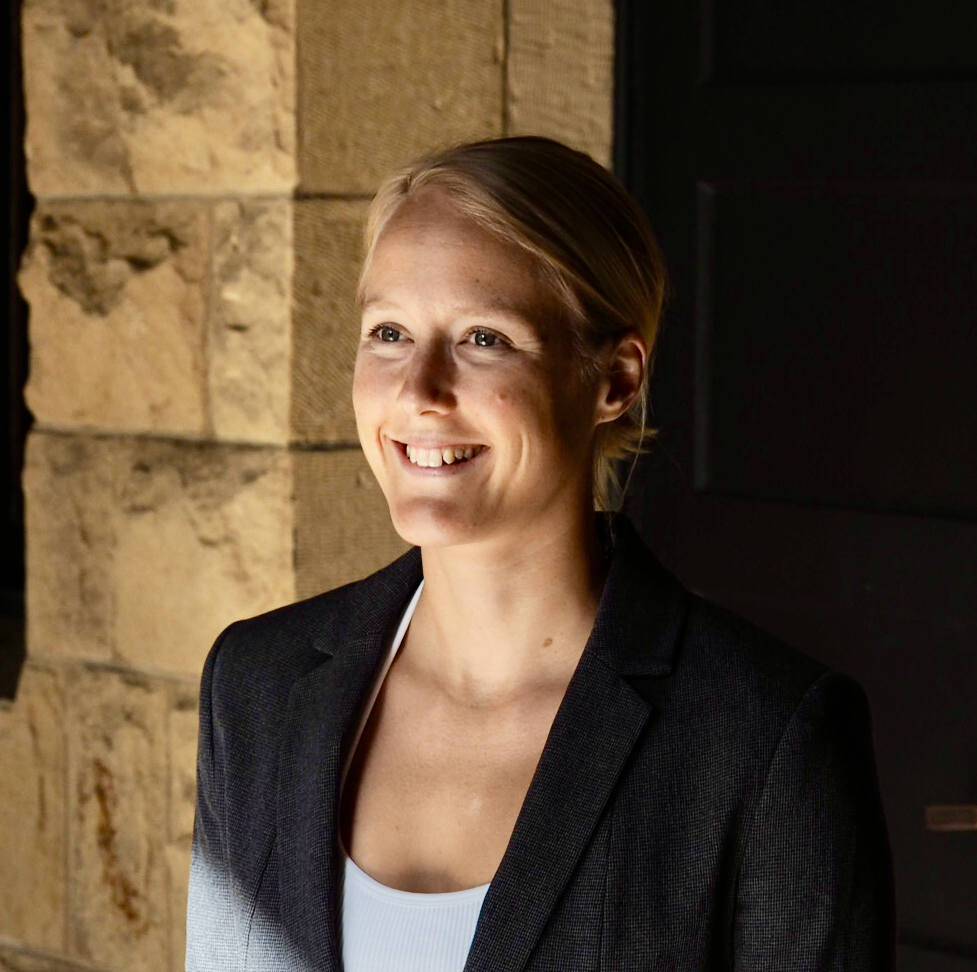

ice sheet models to improve sea level rise projections
PhD Institution: Stanford University
Host: Dr. Winnie Chu, Georgia Institute of Technology


